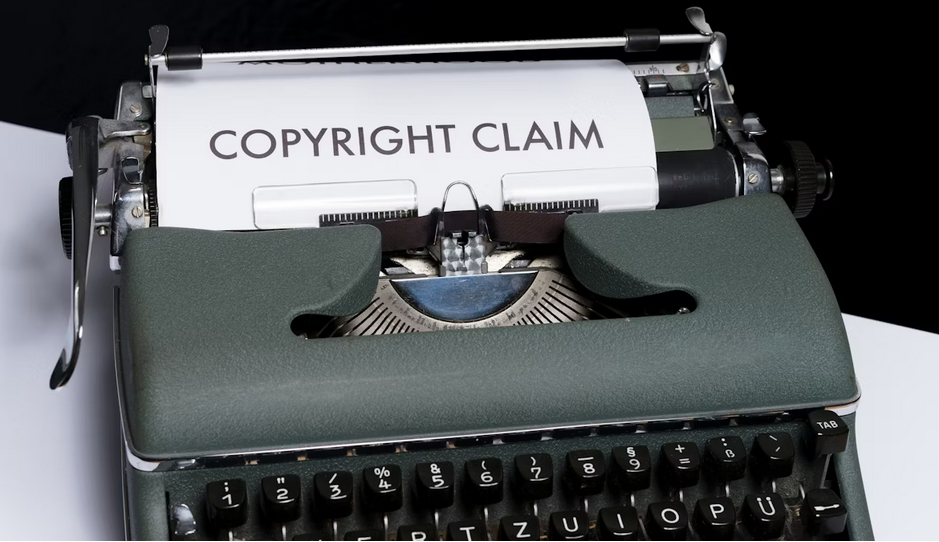C.W. Park USC Lawsuit: The University of Southern California (USC) has faced its fair share of controversies in recent years. However, the C.W. Park lawsuit, filed in 2021, brought to light disturbing allegations of sexual misconduct and a potential failure by the university to protect its students. This article delves into the details of the lawsuit, its impact on the USC community, and the ongoing fight for accountability.
Table of Contents
Who is C.W. Park?
C.W. Park USC Lawsuit, also known as Dr. Choong Whan Park, was a prominent professor at the USC Marshall School of Business. The lawsuit, filed anonymously using the pseudonym “Jane Doe,” accused Dr. Park of sexual assault and harassment.
The Allegations

The lawsuit detailed a series of alleged incidents that occurred between 2011 and 2014. Jane Doe, a student worker for Dr. Park, claimed he subjected her to unwanted sexual advances, inappropriate touching, and verbal harassment. The lawsuit further alleged that Dr. Park used his position of authority to coerce Jane Doe into these situations and limit her ability to report the abuse.
Beyond Jane Doe: A Pattern of Misconduct?
The lawsuit wasn’t an isolated incident. The filing also referenced three other women, referred to as “Victim 1,” “Victim 2,” and “Victim 3,” who came forward with similar accusations against Dr. Park. These accusations included non-consensual physical contact and inappropriate comments.
USC’s Response and Prior Knowledge
One of the most concerning aspects of the lawsuit was the allegation that USC had prior knowledge of Dr. Park’s misconduct. According to the lawsuit, an internal investigation conducted by USC in 2018 concluded that Dr. Park had engaged in inappropriate behavior with female students. However, the lawsuit claims that no significant disciplinary action was taken against him, leaving him in a position to harm other students potentially.
C.W. Park USC Lawsuit Impact on the USC Community
The C.W. Park USC lawsuit sent shockwaves through the USC community. Students, faculty, and alumni expressed outrage and disappointment at the university’s handling of the situation. Many questioned the university’s commitment to student safety and its procedures for addressing sexual misconduct allegations.
The Fight for Accountability: Title IX and Beyond
The lawsuit centered around Title IX, a federal law that prohibits discrimination based on sex in educational institutions receiving federal funding. Title IX requires universities to establish procedures for handling sexual harassment complaints and to take steps to prevent future incidents.
The C.W. Park USC lawsuit highlights the importance of Title IX and the need for universities to take sexual misconduct allegations seriously. It also raises questions about the effectiveness of internal investigations and the potential for universities to prioritize reputation over safety.
The Aftermath and Ongoing Issues
Following the lawsuit, Dr. Park was placed on leave and ultimately resigned from USC. However, the legal battle continued. The lawsuit sought both compensatory and punitive damages from Dr. Park and USC. While the specifics of the settlement remain confidential, it’s understood that USC reached an agreement with the plaintiff in 2022.
The C.W. Park USC lawsuit, while settled, serves as a stark reminder of the challenges universities face in addressing sexual misconduct on campus. It highlights the need for robust reporting systems, thorough investigations, and clear consequences for perpetrators.
Moving Forward: Recommendations for Change
The C.W. Park USC lawsuit case offers valuable lessons for USC and other universities nationwide. Here are some key takeaways and potential areas for improvement:
- Prioritizing Student Safety: Universities must prioritize the safety and well-being of their students. This means creating a culture of open communication where students feel comfortable reporting incidents of sexual misconduct.
- Stronger Reporting Systems: Clear and accessible reporting systems are crucial. These systems should be free from potential retaliation and ensure confidentiality for victims.
- Transparent Investigations: University investigations into sexual misconduct allegations should be thorough, impartial, and timely. The results of these investigations should be communicated openly to students while respecting the privacy of those involved.
- Meaningful Consequences: Perpetrators of sexual misconduct must face appropriate consequences. This could include suspension, expulsion, or even legal action.
- Ongoing Education: Universities should implement ongoing educational programs to raise awareness about sexual misconduct, Title IX rights, and available resources for students.
Looking to the Future

While the C.W. Park USC lawsuit has concluded, the fight for student safety and accountability in higher education continues. Here are some additional points to consider for the future:
- Importance of Bystander Intervention: Programs can empower students to recognize and respond to potentially harmful situations. Training students on how to intervene safely and effectively can create a more supportive community.
- The Role of External Oversight: Independent oversight of university investigations into sexual misconduct allegations can help ensure fairness and transparency.
- Shifting the Culture: Universities must move beyond a reactive approach to sexual misconduct and work towards creating a culture of respect and consent. This requires ongoing conversations, education, and a commitment to building trust with students.
The C.W. Park USC lawsuit may be over, but its impact continues to resonate. It serves as a reminder of the importance of student safety, the power of speaking out, and the ongoing need for change within college campuses across the nation.
Conclusion
The C.W. Park USC lawsuit exposed a dark side of USC and the potential for universities to fail in their duty to protect students. However, it also sparked a conversation about accountability and the need for systemic change. By implementing the recommendations outlined above, USC and other universities can work towards creating safer and more supportive environments for all students.
Additional Resources:
- National Sexual Violence Resource Center (https://www.nsvrc.org/)
- Rape, Abuse & Incest National Network (RAINN) (https://www.rainn.org/)
- The Department of Education’s Office for Civil Rights (https://sites.ed.gov/titleix/)
By providing resources and fostering open communication, we can work together to create safer learning environments for all students.
